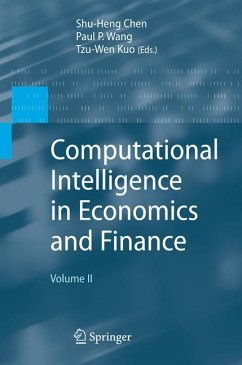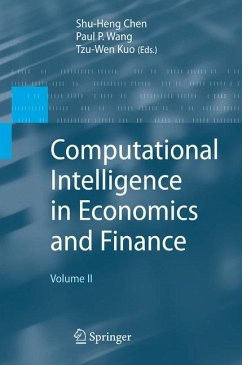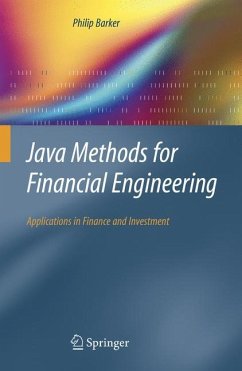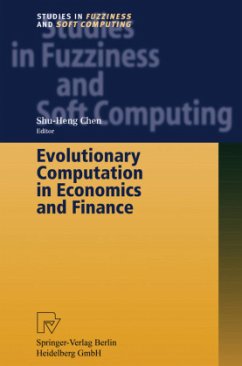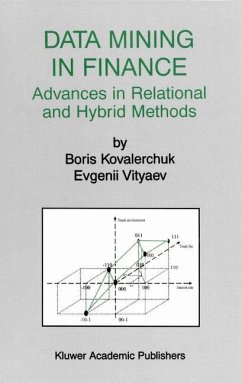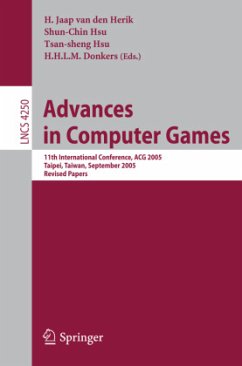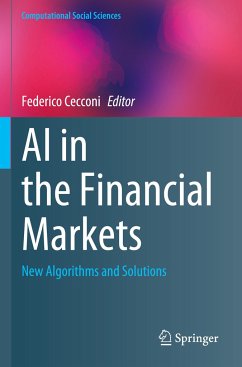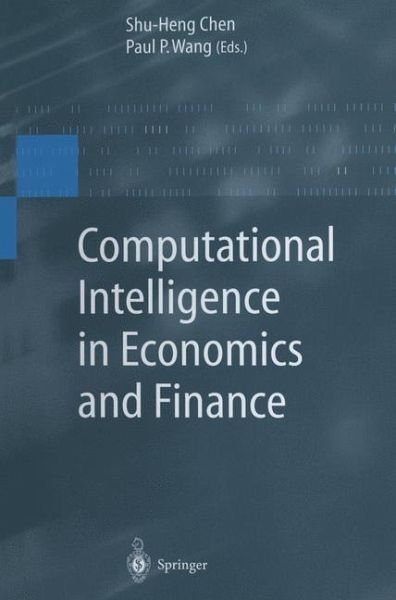
Computational Intelligence in Economics and Finance
Versandkostenfrei!
Versandfertig in 6-10 Tagen
152,99 €
inkl. MwSt.

PAYBACK Punkte
76 °P sammeln!
Due to the ability to handle specific characteristics of economics and finance forecasting problems like e.g. non-linear relationships, behavioral changes, or knowledge-based domain segmentation, we have recently witnessed a phenomenal growth of the application of computational intelligence methodologies in this field.In this volume, Chen and Wang collected not just works on traditional computational intelligence approaches like fuzzy logic, neural networks, and genetic algorithms, but also examples for more recent technologies like e.g. rough sets, support vector machines, wavelets, or ant al...
Due to the ability to handle specific characteristics of economics and finance forecasting problems like e.g. non-linear relationships, behavioral changes, or knowledge-based domain segmentation, we have recently witnessed a phenomenal growth of the application of computational intelligence methodologies in this field.
In this volume, Chen and Wang collected not just works on traditional computational intelligence approaches like fuzzy logic, neural networks, and genetic algorithms, but also examples for more recent technologies like e.g. rough sets, support vector machines, wavelets, or ant algorithms. After an introductory chapter with a structural description of all the methodologies, the subsequent parts describe novel applications of these to typical economics and finance problems like business forecasting, currency crisis discrimination, foreign exchange markets, or stock markets behavior.
In this volume, Chen and Wang collected not just works on traditional computational intelligence approaches like fuzzy logic, neural networks, and genetic algorithms, but also examples for more recent technologies like e.g. rough sets, support vector machines, wavelets, or ant algorithms. After an introductory chapter with a structural description of all the methodologies, the subsequent parts describe novel applications of these to typical economics and finance problems like business forecasting, currency crisis discrimination, foreign exchange markets, or stock markets behavior.





